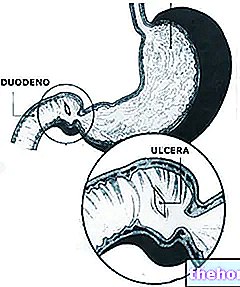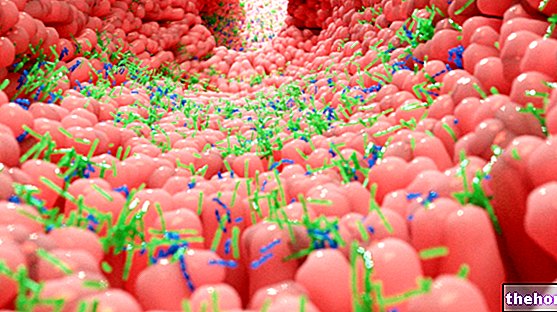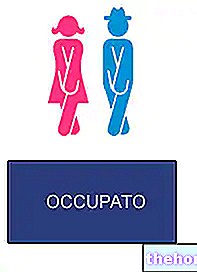What is the alvo?
The term "alvo" indicates the intestinal canal as a whole and the function of defecation. Therefore, the alterations of various nature affecting the alvus can manifest themselves with irregularities and changes in the frequency or quality of the evacuation.

In any case, if they continue for a long time, the alterations of the alvus can cause serious problems. For this reason, it is important to deal with the causes that determine discomfort and malfunction of the alvus with an adequate therapeutic approach.
Alvo Regular
We talk about regular (or normally canalized, that is open to faeces, liquids and gases) alvus when there are no imbalances in intestinal function and the methods of elimination of feces are not altered.
It should be borne in mind that this "intestinal regularity" varies greatly from person to person. In healthy adults, based on the amount of non-absorbable substances contained in the diet, the amount of feces normally fluctuates between 100 and 300 grams per day.
Alvo Constipated
The constipated alvo is characterized by the slowing of intestinal transit, with difficult or infrequent emission of faeces or a decrease in the quantity of the latter.
The evacuation every 2-3 days can be considered normal, as long as there is no pain in the lower abdomen or general malaise. The constipated alvo can be, in fact, a simple annoying disorder or the expression of more serious pathologies.
Constipation can occur due to stress, when traveling or following a diet lacking in fiber. Other potential risk factors are irregular sleep-wake rhythms, the habit of drinking little and the tendency to postpone or repress the urge to evacuate.
If it appears suddenly, a longer time defecation must always suggest an organic cause, such as a narrowing of the intestinal lumen of inflammatory origin or, more rarely, a benign (large polyps) or malignant (cancer of the colon).
The chronic forms of constipated alvo are mainly caused by functional factors, such as difficulty in rectal expulsion or the reduction of intestinal peristalsis. Certain medications (including calcium channel blockers or anti-depressants) can also contribute to the problem. To learn more, see the article on drugs that cause constipation.
Constipation occurs with a bowel frequency of less than three times a week, with the emission of hard, dry, difficult to expel stools, or when one's habits change over time. The disorder can be associated with symptoms such as abdominal swelling, heaviness and feeling of insufficient evacuation. If it becomes chronic, the constipated alvo can favor the appearance of hemorrhoids, rectal prolapse and anal fissures, due to the effort to expel hard stools.




























